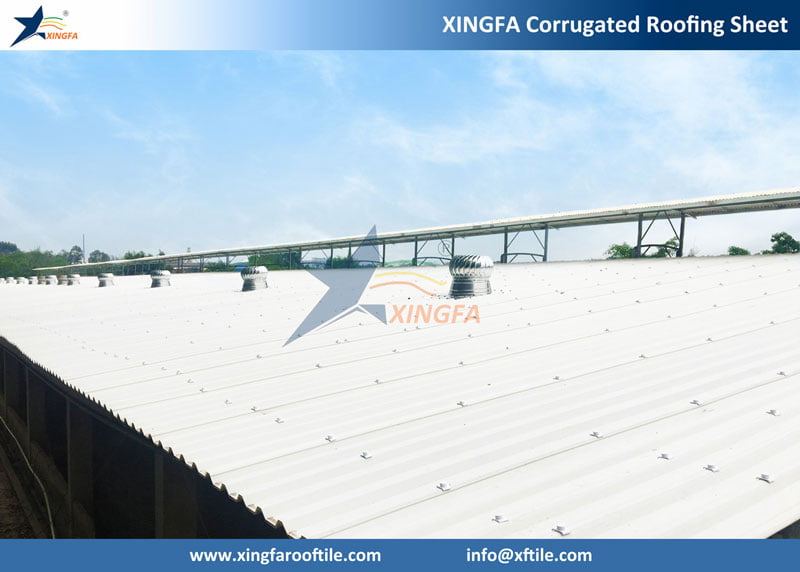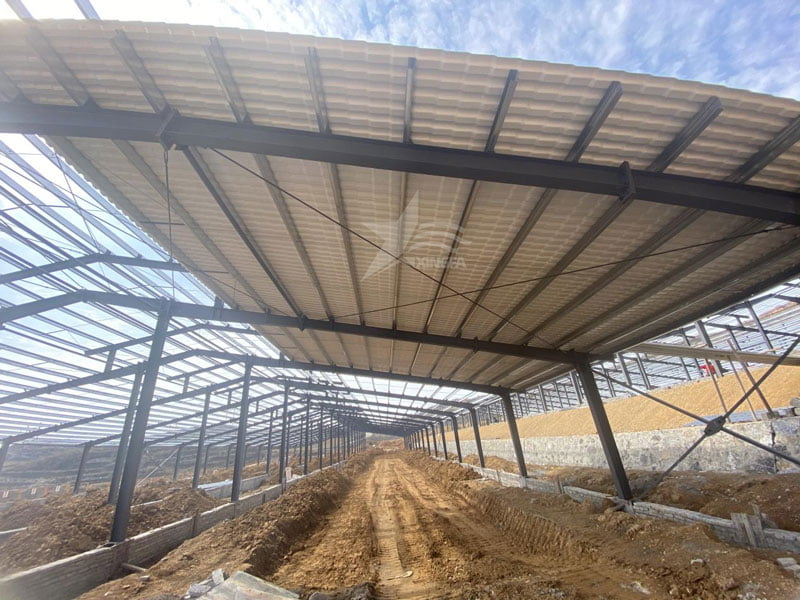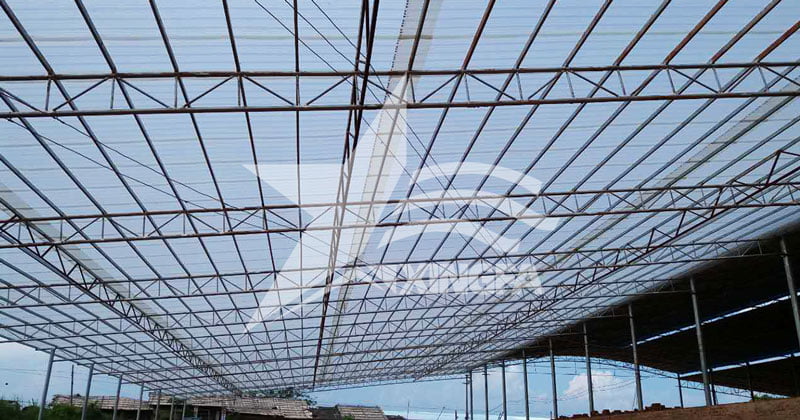When it comes to installing heavy duty corrugated plastic roofing sheets, proper planning and technique can lead to significant material savings, particularly when using PVC corrugated sheets for residential roofing projects. This article outlines some effective strategies to optimise material usage during the installation process.
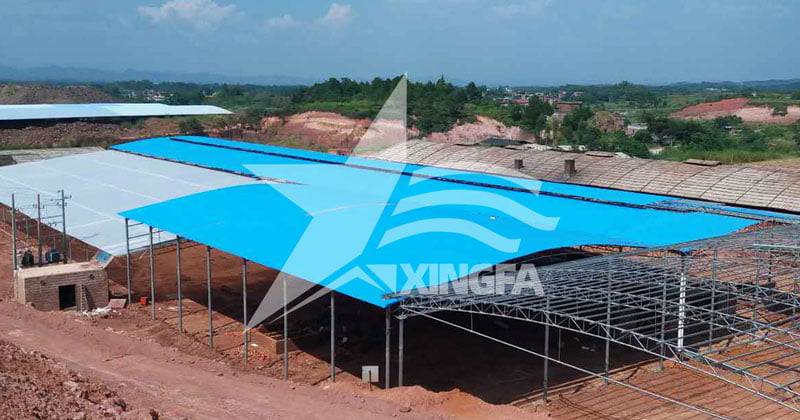
Firstly, it is essential to accurately measure the area that requires roofing. Before procuring your PVC corrugated sheets, calculate the square footage of the installation site. This not only helps in determining the quantity of sheets needed but also reduces excess material wastage. Use precise tools like measuring tapes and laser level equipment to ensure accuracy.
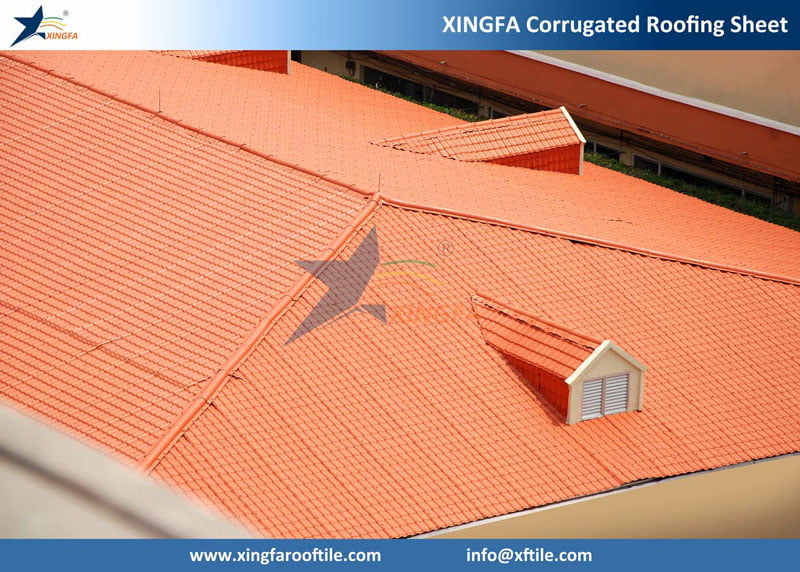
Secondly, consider the layout of the roofing sheets. Arranging the sheets in a manner that follows the natural lines of the structure can minimise cuts and scraps. When planning your layout, aim for a design that utilises the full length of the sheets without unnecessary overlaps or gaps. This will not only save material but also enhance the aesthetics of your roofing.
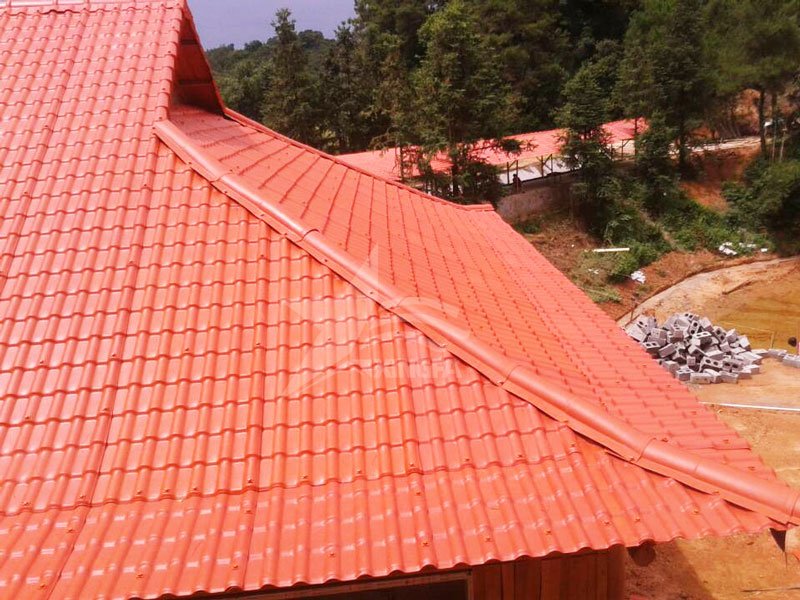
Moreover, when cutting the sheets, utilise proper techniques to ensure clean edges, which will result in a better fit and reduce the likelihood of having to discard pieces due to ragged cuts. Using a fine-toothed saw or a specialised cutting tool can significantly enhance the quality of your cuts, thus reducing waste.

Another tip is to consider the weather conditions during installation. Installing roofing sheets on calm, dry days can prevent unnecessary damage caused by wind or rain. Avoid bending or mishandling the sheets during installation, as this can lead to breakage and thus increase material costs.

Lastly, keep a close eye on potential errors during the installation process. Taking time to review your positioning and attachment methods can prevent the need for corrections later, which often result in material wastage. Implementing a checklist of installation steps can ensure that nothing is overlooked, further conserving both time and resources.

By adopting these techniques and utilising heavy duty corrugated plastic roofing sheets wisely, homeowners can achieve greater cost efficiency while maintaining a durable and attractive roofing solution. Through careful planning, precise measurements, and thoughtful installation strategies, it is indeed possible to save more materials and enhance the overall project outcome.
Synthetic resin tiles, widely used in roofing applications, offer durability and aesthetic appeal. When considering their installation, one of the critical factors is the suitability of the roof pitch. Understanding the appropriate slope for synthetic resin tiles ensures optimal performance and longevity.
Typically, synthetic resin tiles can be installed on various roof pitches, ranging from low to steep angles. For roofs with a pitch of 14 degrees or more, installation is generally straightforward, as the steep slope allows for effective water drainage. This is essential in preventing water pooling, which can lead to leaks and damage over time.
However, the versatility of synthetic resin tiles extends to roofs with pitches as low as 10 degrees. These tiles are designed to be waterproof and can withstand harsh weather conditions, making them suitable for low-slope applications. It is crucial, however, to ensure that proper installation techniques are employed, along with adequate underlayment, to guarantee that water flows correctly off the roof.
Additionally, the adoption of UPVC roofing sheets further complements the flexibility of roofing solutions. UPVC roofing sheets offer resilience against weathering and are lightweight, making them an excellent choice for various applications where synthetic resin tiles may also be used. Their compatibility with different pitches provides an additional layer of versatility.
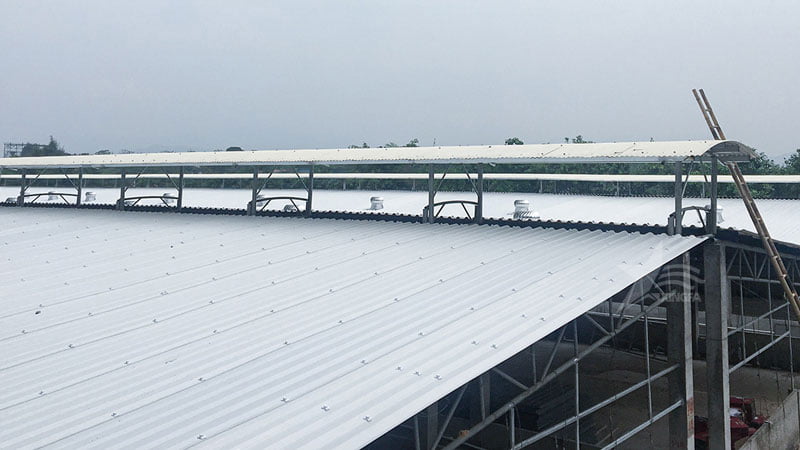
Similarly, PVC flexible plastic sheets are increasingly being used in roofing systems due to their lightweight nature and ease of installation. These sheets are particularly beneficial for environments that require custom solutions, allowing roofers to achieve sleek finishes on different pitch variations.
When considering synthetic resin tiles for your roofing project, it’s crucial to consult with a roofing professional who can evaluate your specific needs and recommend the best practices for your roof’s pitch. Ultimately, proper installation and attention to the roof’s slope will enhance the longevity and effectiveness of synthetic resin tiles, making them an excellent choice for both residential and commercial buildings.
When it comes to roofing materials, homeowners and builders are increasingly favouring options that require minimal maintenance and offer long-lasting durability. One such option that stands out is plastic roofing, particularly PVC tile. As a leading PVC tile roof supplier, we understand the unique advantages that PVC roofing material provides, making it an ideal choice for those seeking a reliable roof without the hassle of frequent upkeep.
PVC (Polyvinyl Chloride) roofing is renowned for its exceptional resilience against various environmental factors. Unlike traditional roofing materials, such as wood or asphalt shingles, PVC tiles do not warp, crack, or become brittle over time, ensuring your roof maintains its integrity for decades. This durability translates to significant cost savings, as homeowners will not need to invest in regular repairs or replacements over the roof’s lifespan.
For those considering options beyond PVC tiles, the best fiberglass roof panels may also be worth exploring. Fiberglass panels are lightweight, weather-resistant, and provide excellent insulation, contributing to a more energy-efficient home. However, the benefits of PVC roofing material often overshadow these alternatives, particularly due to its UV resistance and ability to reflect heat, which can help reduce cooling costs in warmer climates.
One of the most appealing features of PVC tile roofing is its low maintenance requirements. Homeowners can say goodbye to the tedious tasks of painting, sealing, or replacing shingles. With PVC tiles, a simple periodic clean is often all that is required to keep the roof in excellent condition. This maintenance-free aspect makes it an attractive option for busy individuals or families who prefer to spend their time on activities other than home repairs.
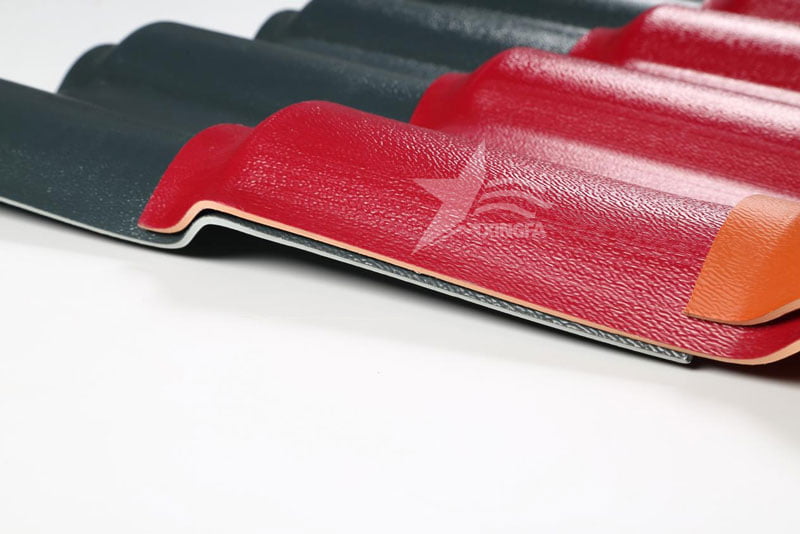
In summary, opting for PVC tile roofing offers a range of benefits, including durability, cost-effectiveness, and minimal maintenance. As a dedicated PVC tile roof supplier, we invite you to explore how this roofing solution can enhance the longevity and performance of your home. Say goodbye to constant repairs and hello to a worry-free roofing experience with modern PVC roofing materials.
